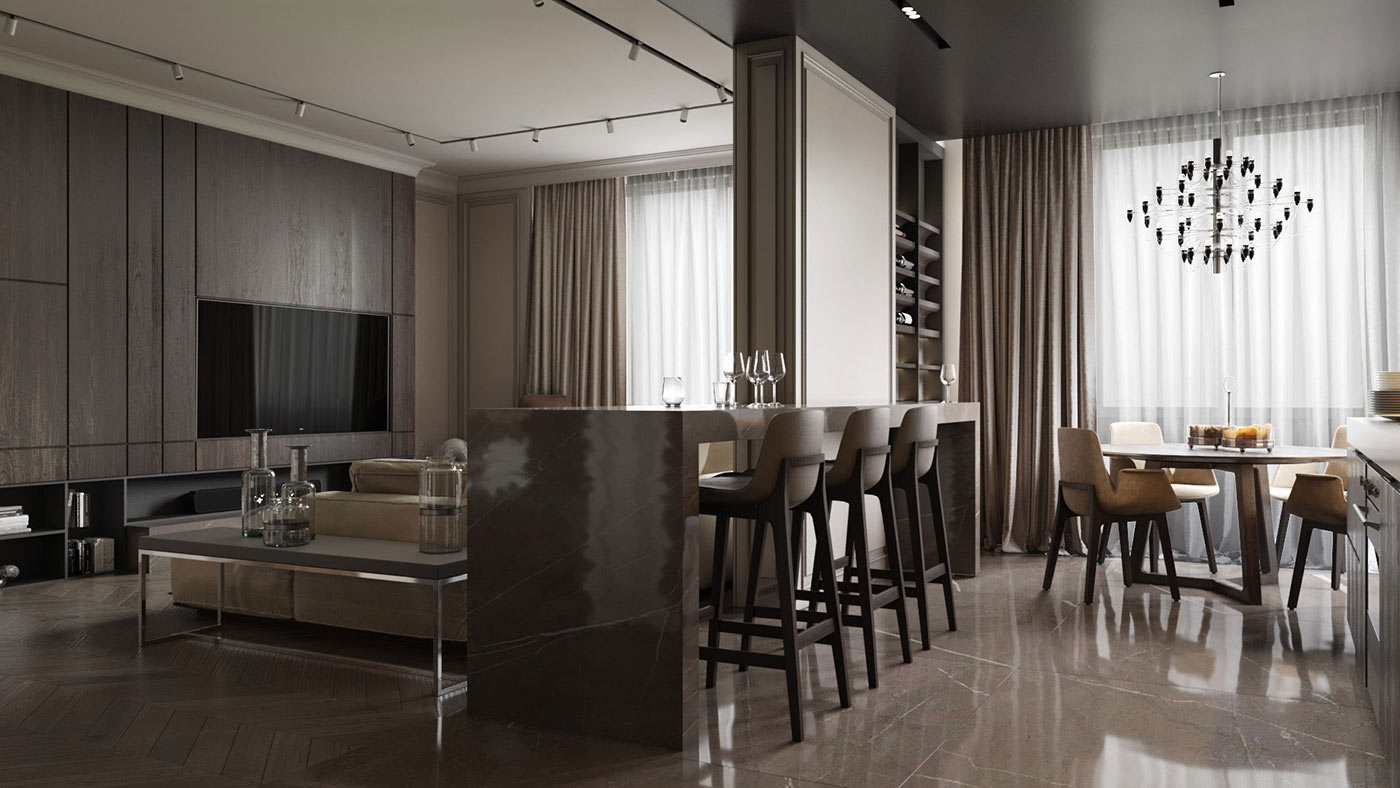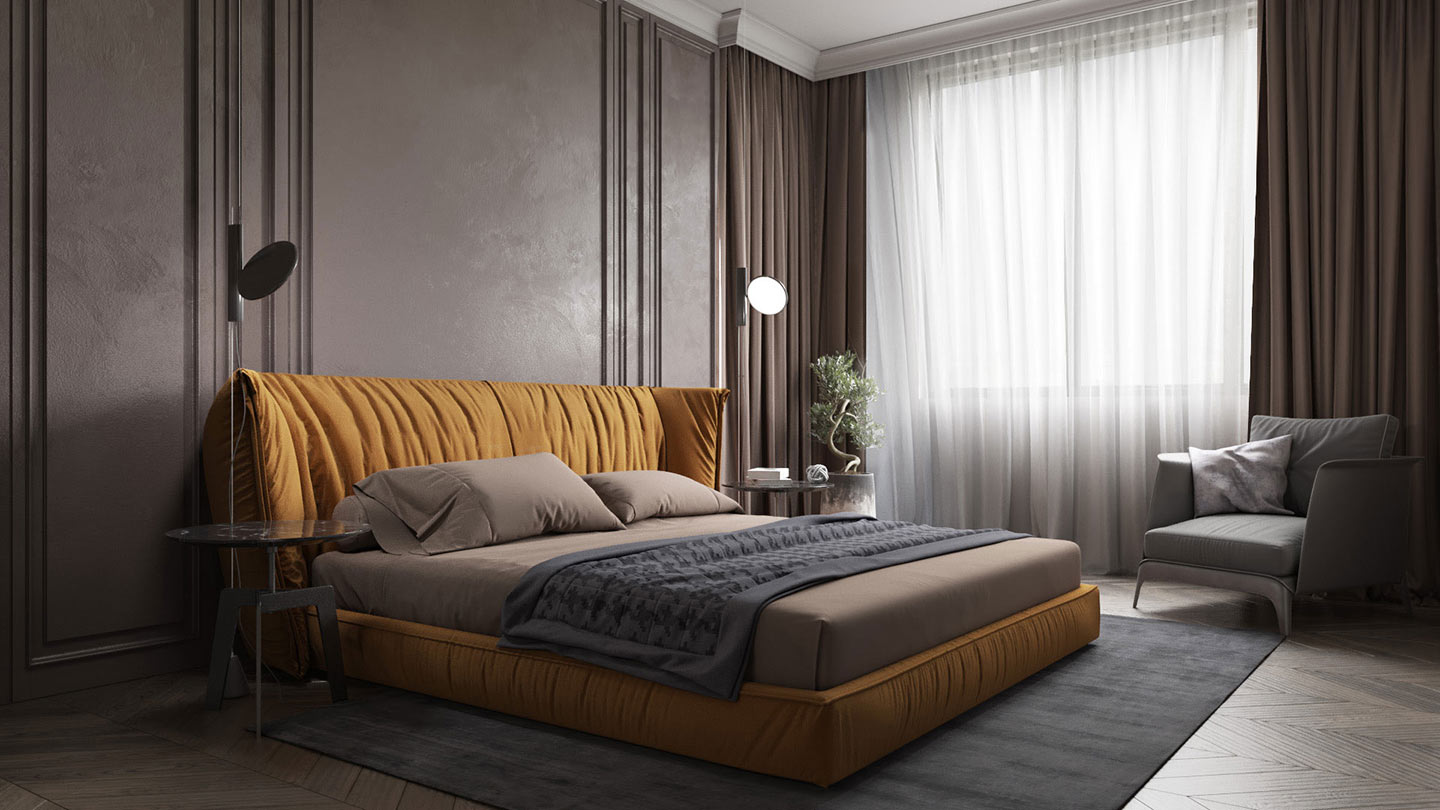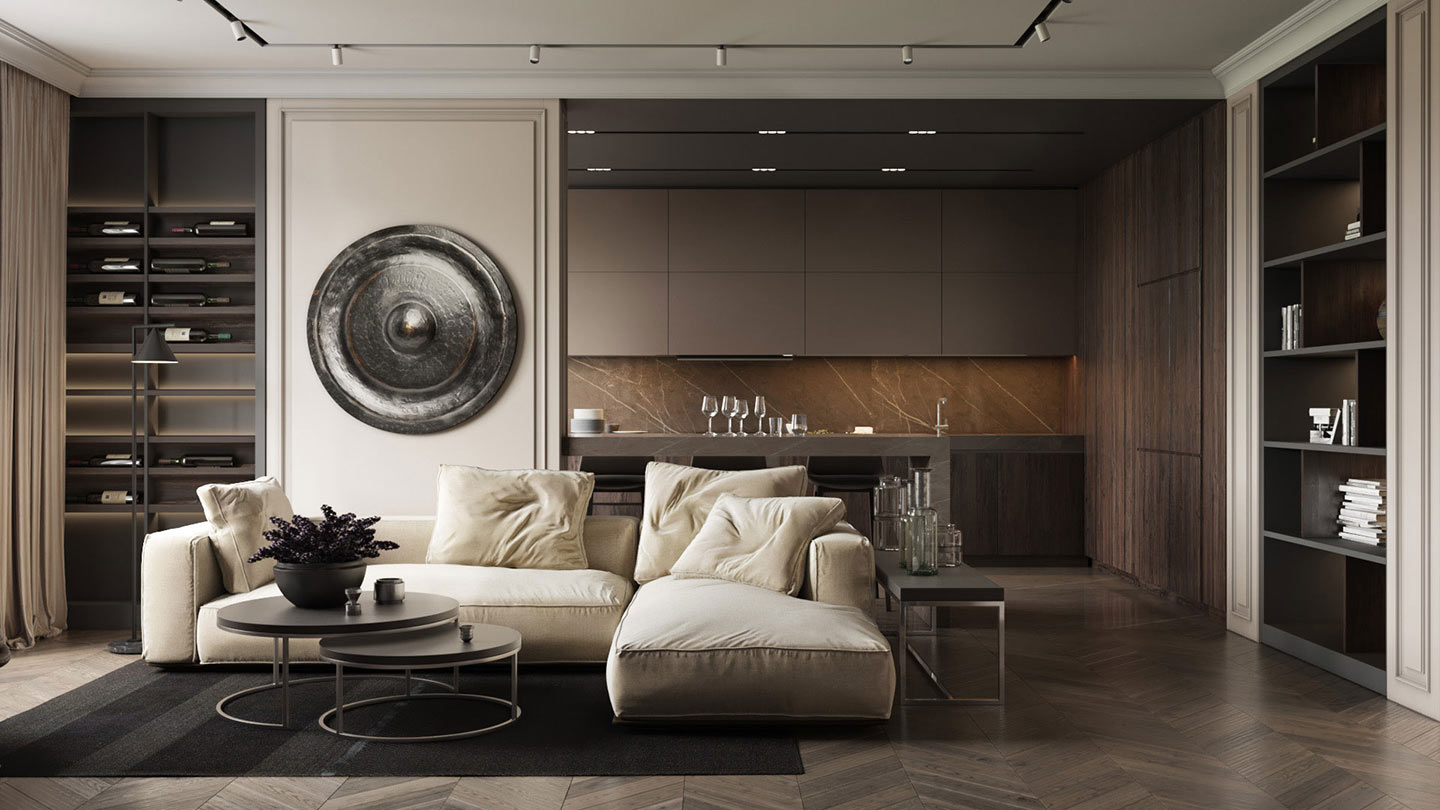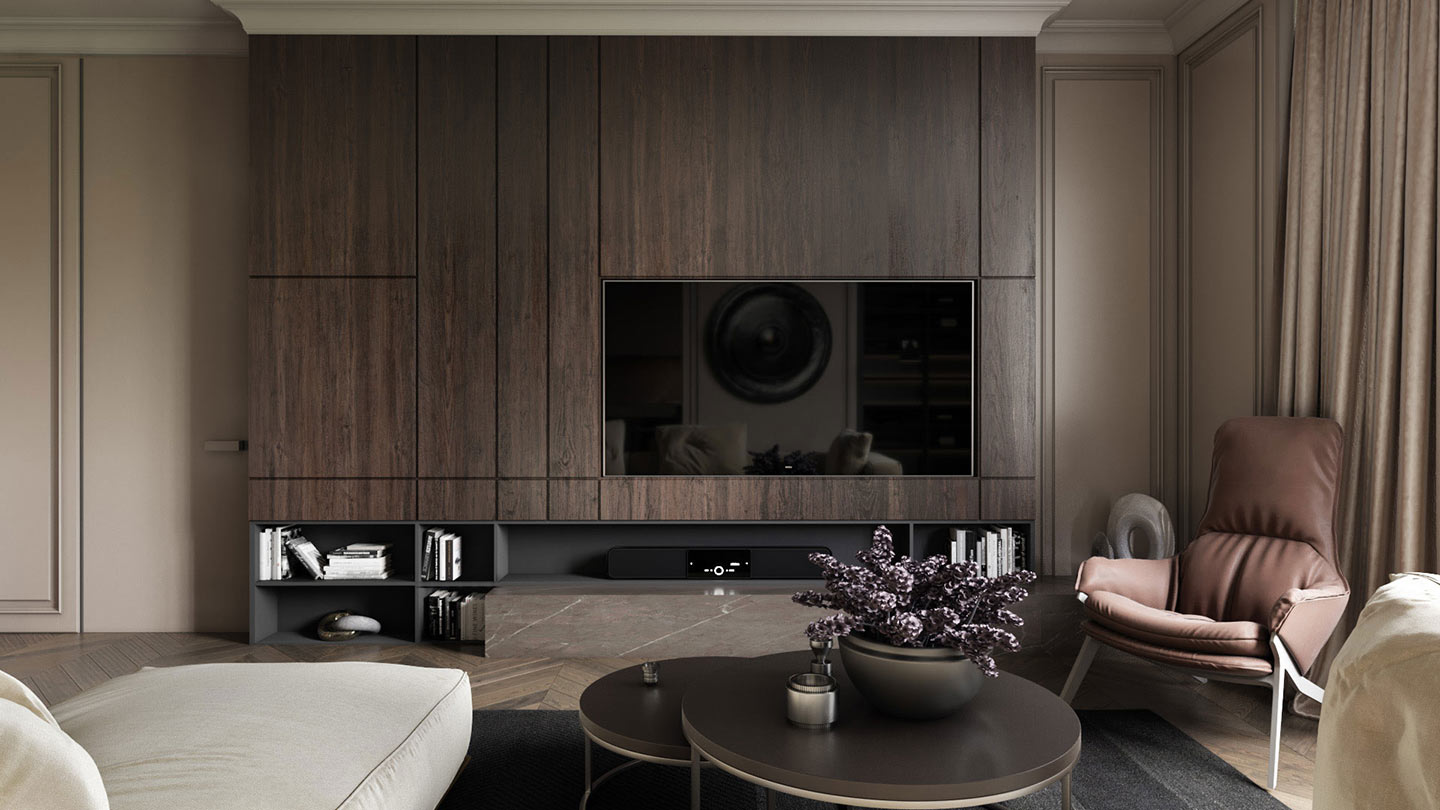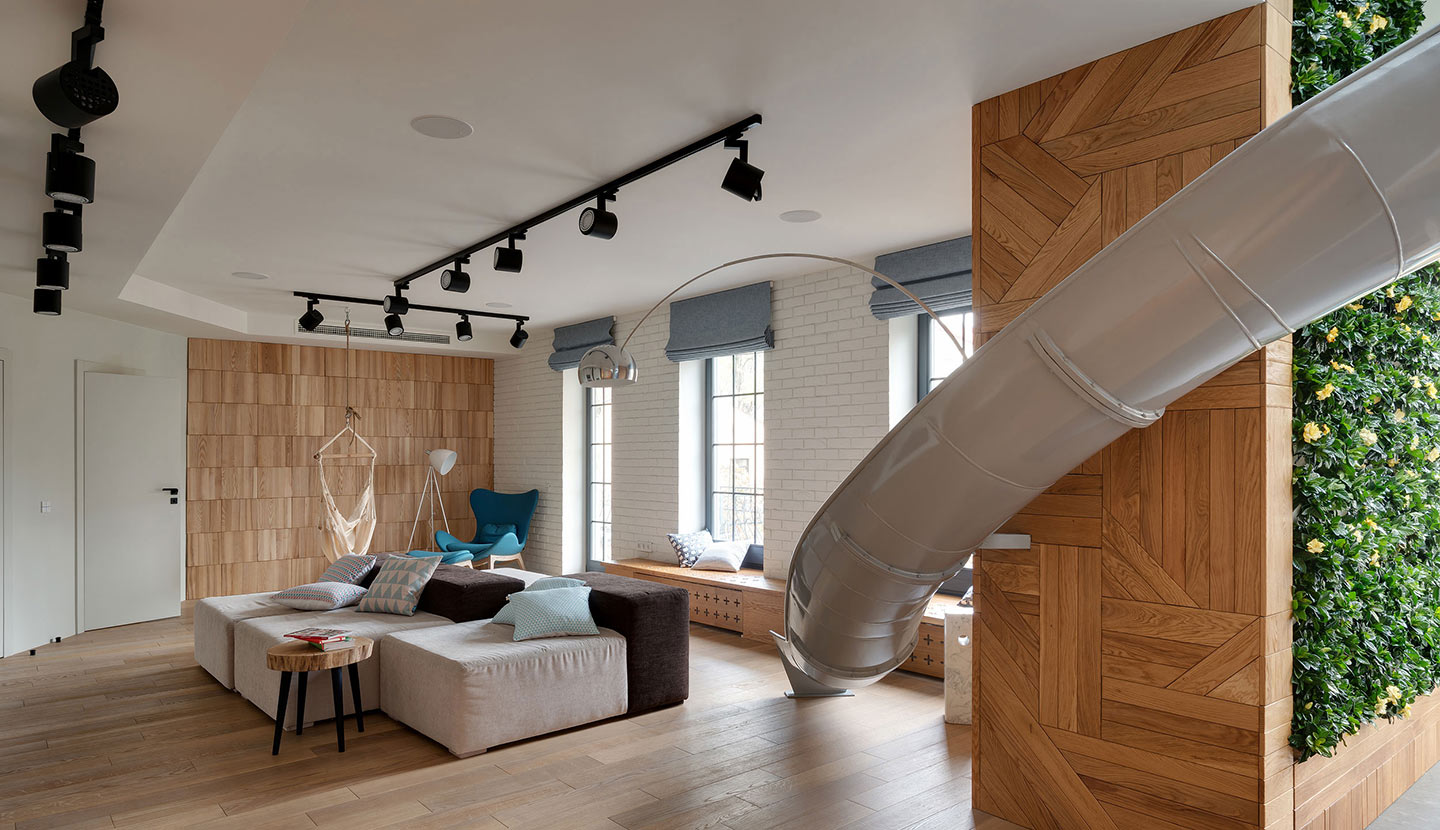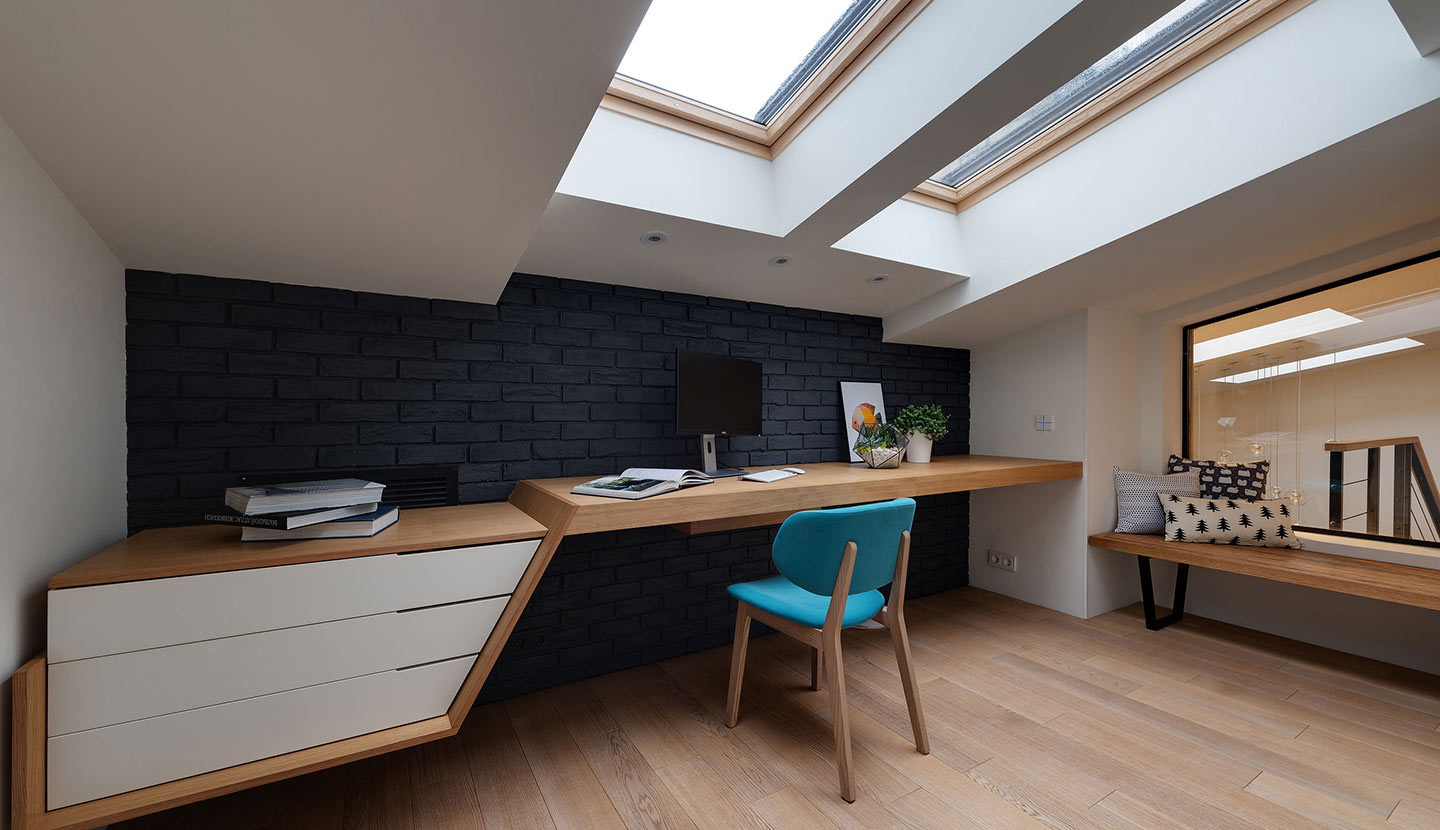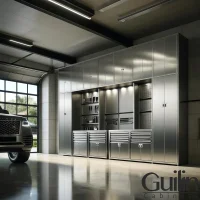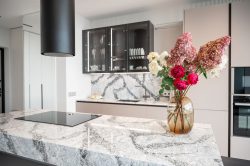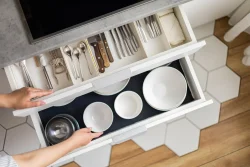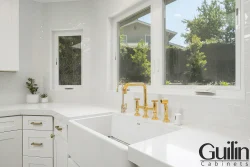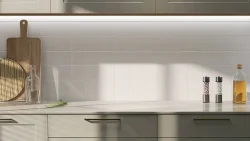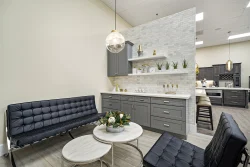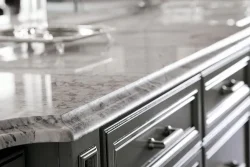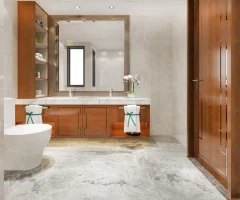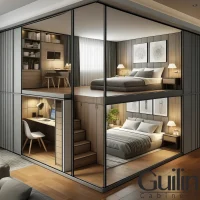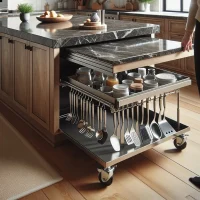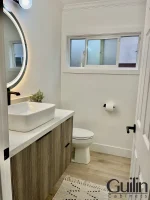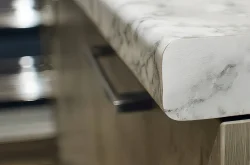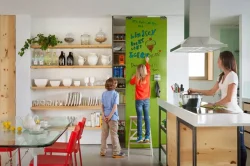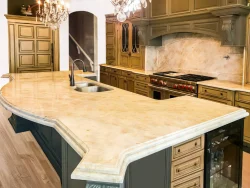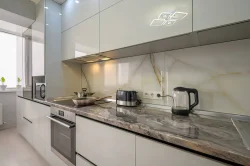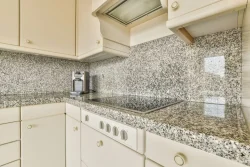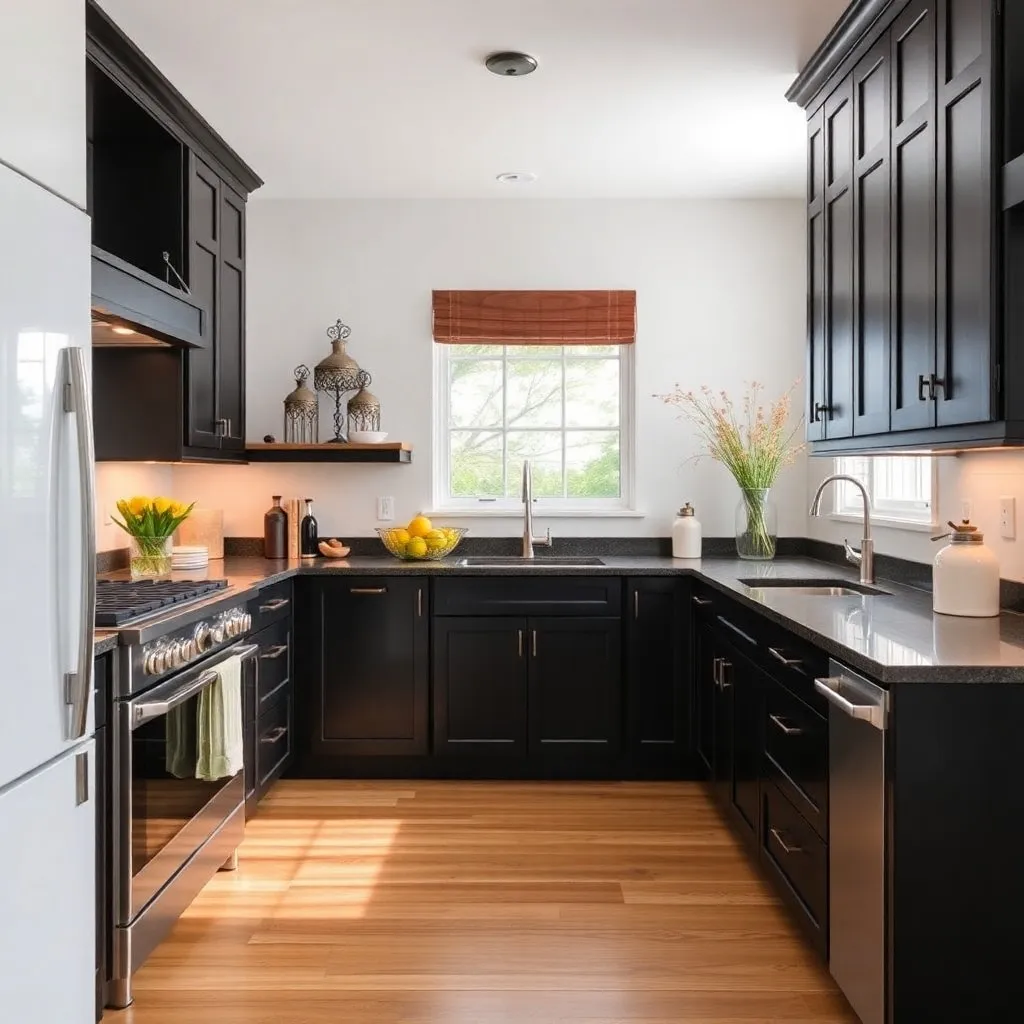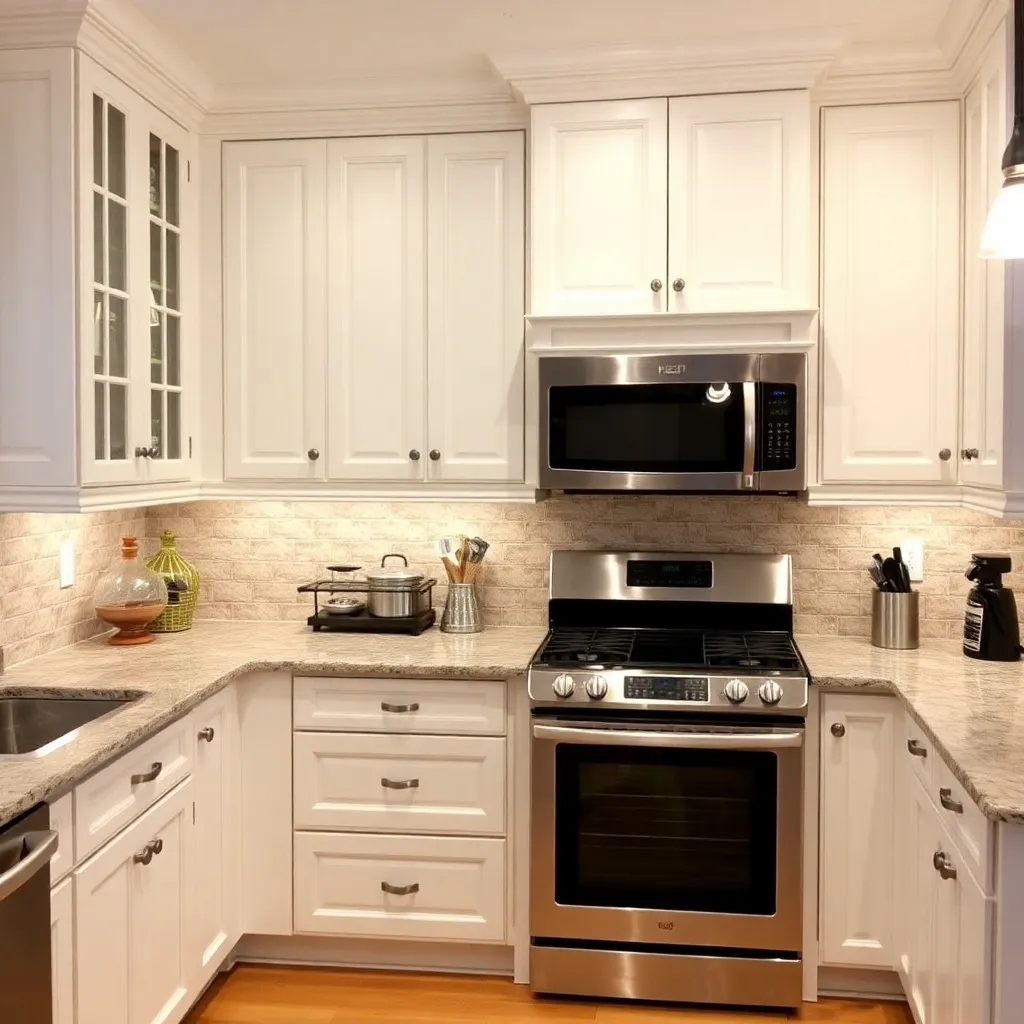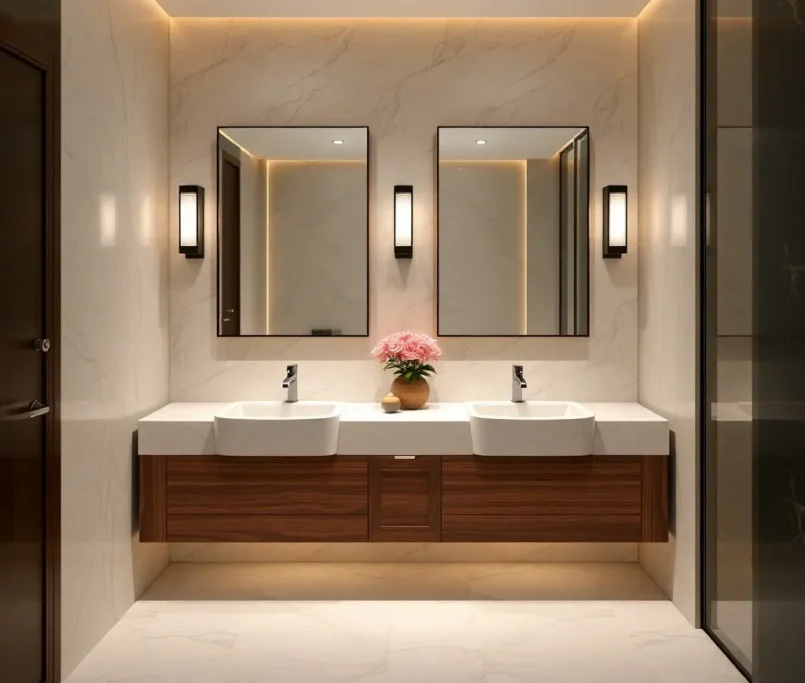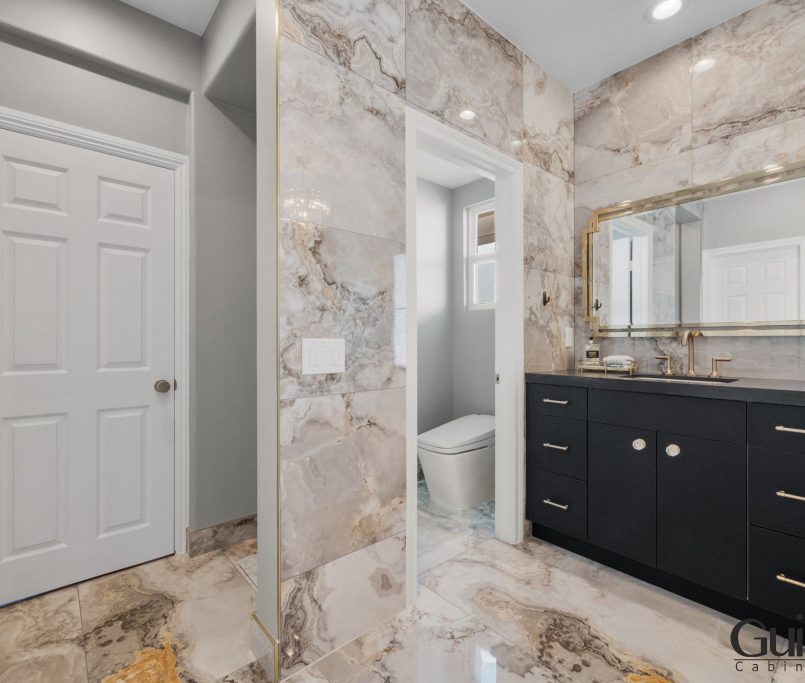Many homeowners face the important decision of selecting the right countertop material for their kitchen makeover. Whether you are drawn to the warmth and versatility of butcher block or the durability and elegance of granite, understanding the pros and cons of each option can significantly impact your choice. This informative guide explores the key benefits and drawbacks of these two popular materials, helping you make an informed decision tailored to your style and maintenance preferences.
About Countertop Materials: Butcher Block vs Granite
Overview of Butcher Block Countertops
Across the kitchen design landscape, butcher block countertops stand out for their warm, rustic charm. These countertops are typically made from hardwood, like oak or maple, which not only adds a touch of nature to your space but also provides a durable surface for meal preparation. One of the major benefits of butcher block countertops is their versatility; you can meal prep directly on them, serving as both a cutting board and a countertop in one. Maintenance is relatively simple, as you can easily sand and refinish them if scratches or dings occur.
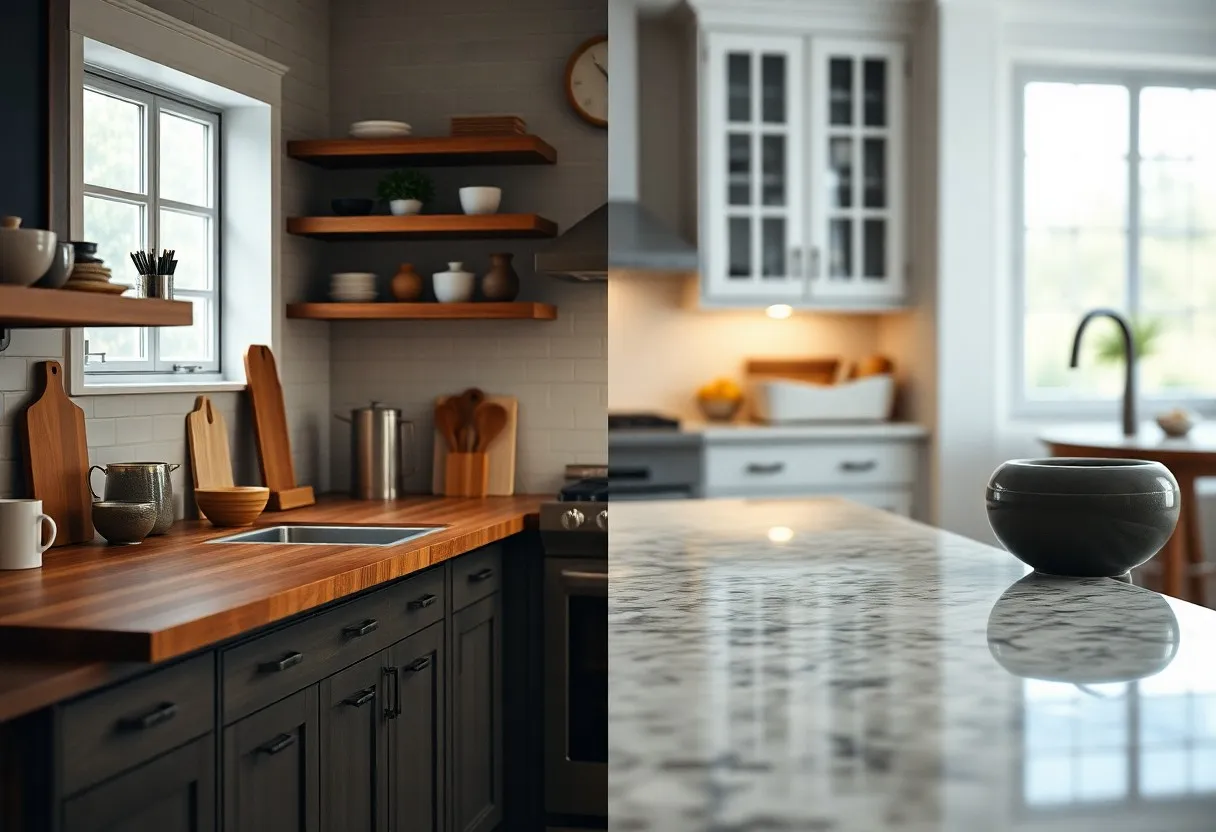
However, it’s important to note that wood is a porous material, which can absorb moisture if not properly sealed. Regularly oiling and disinfecting your countertop is necessary to maintain its beauty and functionality. If you’re a home cook who values direct meal prep surfaces, butcher block could be the ideal choice, but be prepared for a bit of ongoing maintenance.
Overview of Granite Countertops
Above the butcher block option, granite countertops have become synonymous with luxury and sophistication in kitchen design. These natural stone slabs offer a durable surface that is resistant to scratches and heat. Available in a vast array of colors and patterns, granite can be a stunning focal point in your kitchen. Its non-porous nature, when properly sealed, makes it less likely to harbor bacteria, adding an element of hygiene that appeals to many homeowners.
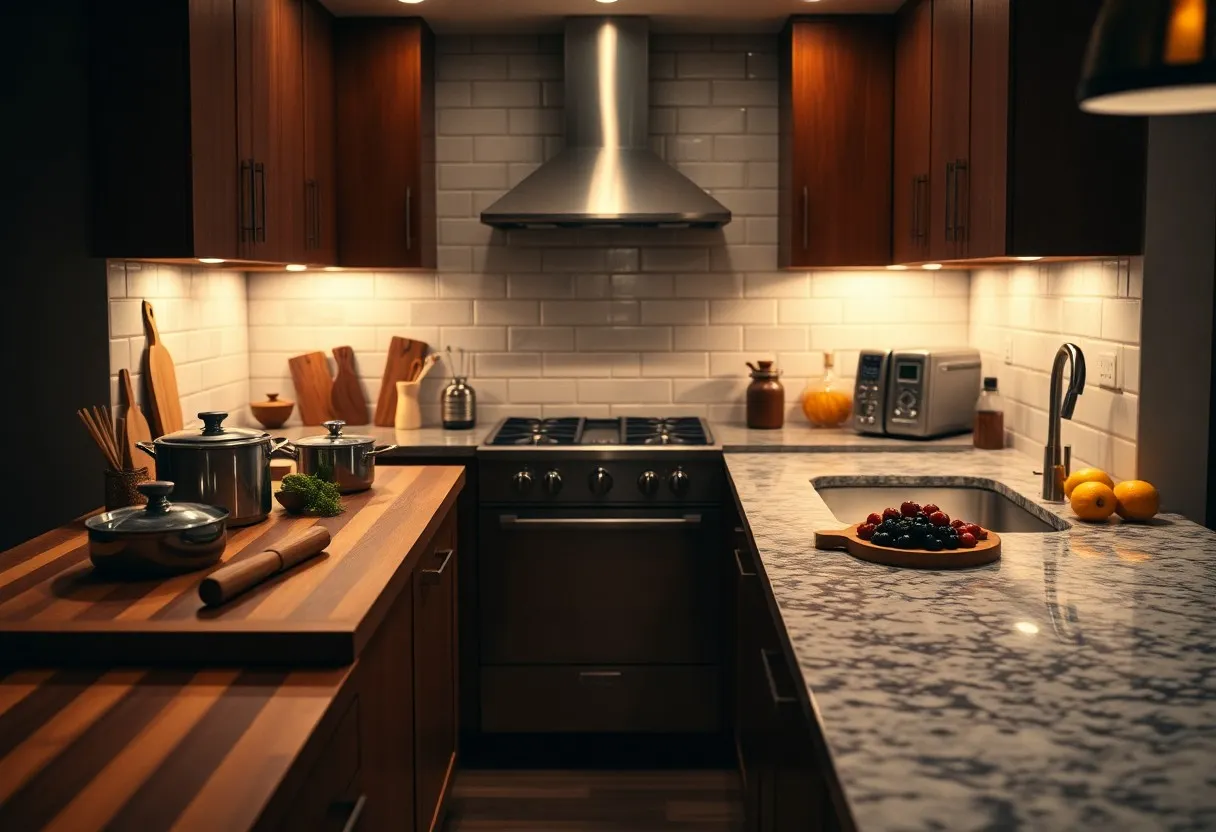
Granite countertops also require minimal maintenance, generally only needing a sealant every few years to protect the stone and maintain its luster. However, even though granite is highly durable, it is not completely impervious to chipping or cracking, so you should handle heavy items with care to avoid unnecessary damage.
Pros & Cons of Butcher Block Countertops
It’s easy to see why many homeowners are drawn to butcher block countertops. These surfaces bring a unique charm to your kitchen, blending functionality with aesthetics. Their warm wood tones create a welcoming ambiance, making your space feel cozier compared to the often cold look of stone materials like granite. The natural grain patterns add personality to your countertops, allowing you to showcase your style and preferences while enhancing the overall design of your home.
Pros
Aesthetic Appeal and Warmth
Around kitchens filled with sleek appliances and modern fixtures, butcher block countertops stand out for their unique textural appeal. Unlike granite, which can feel more industrial, butcher block offers a rustic elegance that pairs beautifully with various kitchen styles. Whether you lean towards a farmhouse aesthetic or a contemporary design, these countertops can harmonize with your decor, making your kitchen not only functional but also aesthetically pleasing.
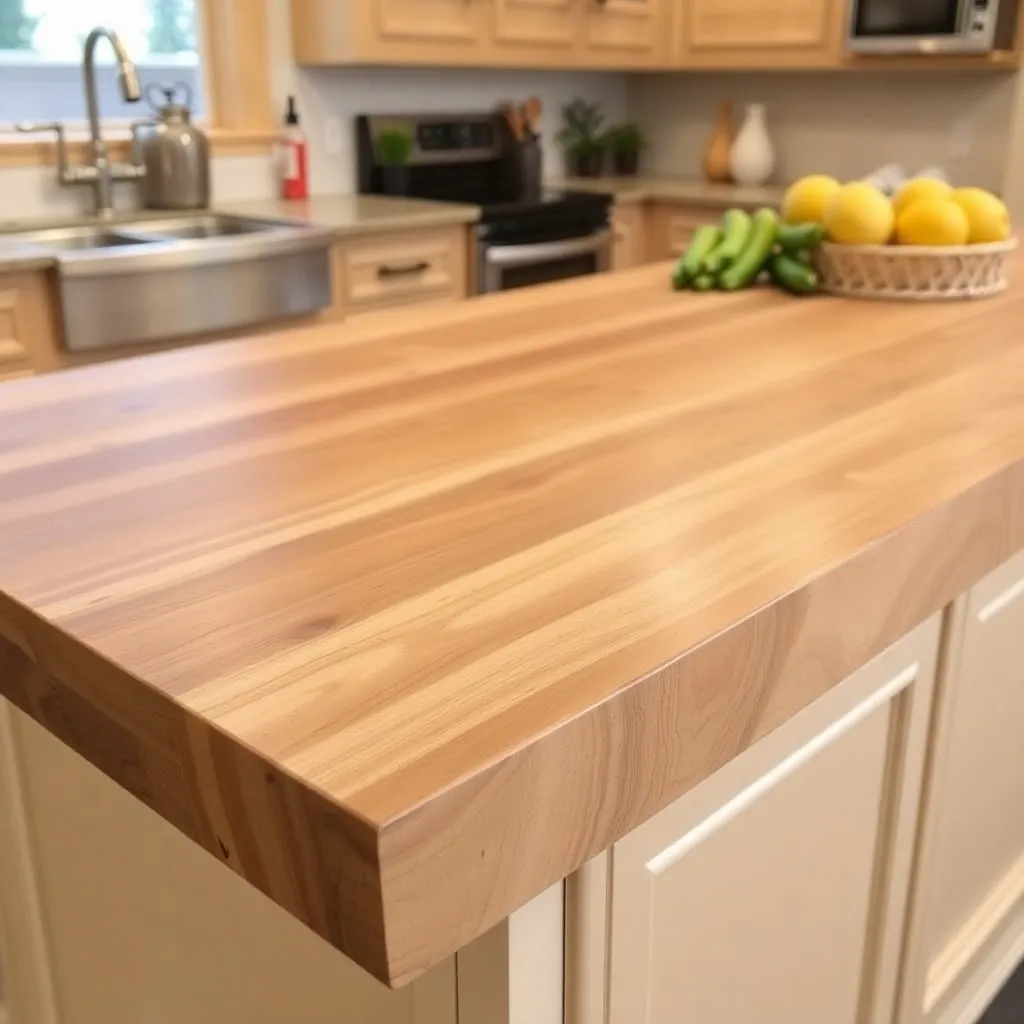
Durability and Upscalability
Between the two materials, butcher block countertops offer an impressive balance of durability and adaptability. They can withstand daily use, from chopping vegetables to serving meals, making them a practical choice for any home chef. Over time, if you desire a change, you can easily refinish these surfaces to refresh their appearance or alter their finish to match a new kitchen design.
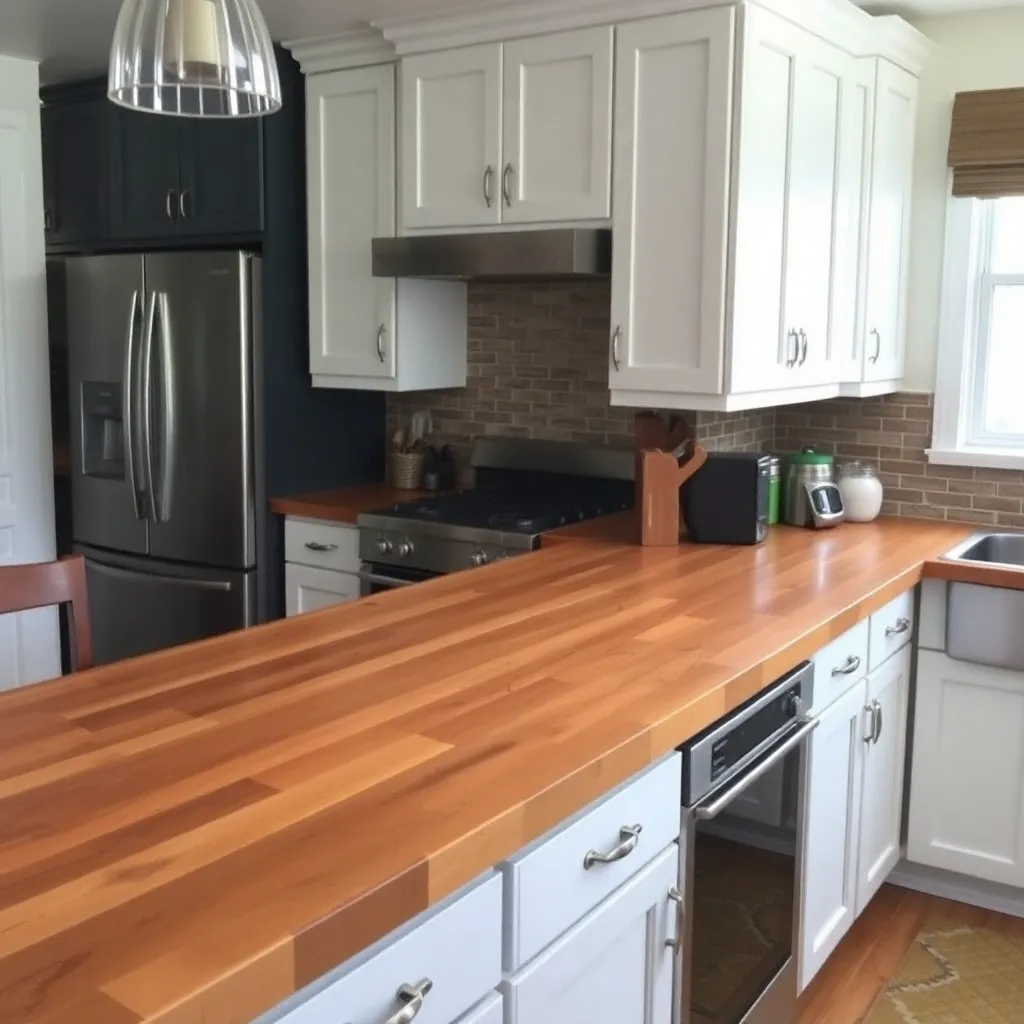
Aesthetic enhancements aside, the durability of butcher block can’t be understated. They are robust enough to handle everyday wear and tear but gentle on your knives, unlike stone surfaces that can dull blades quickly. This feature allows you to maintain the functionality of your kitchen while keeping your tools in excellent condition.
Easy to Repair and Maintain
After choosing butcher block countertops, you’ll appreciate how simple they are to repair and maintain. Scratches or dents can often be sanded away, giving your kitchen a renewed look without the need for expensive replacements. This ability to easily restore surfaces not only saves you money but also means you can keep your countertops looking fresh for years to come.
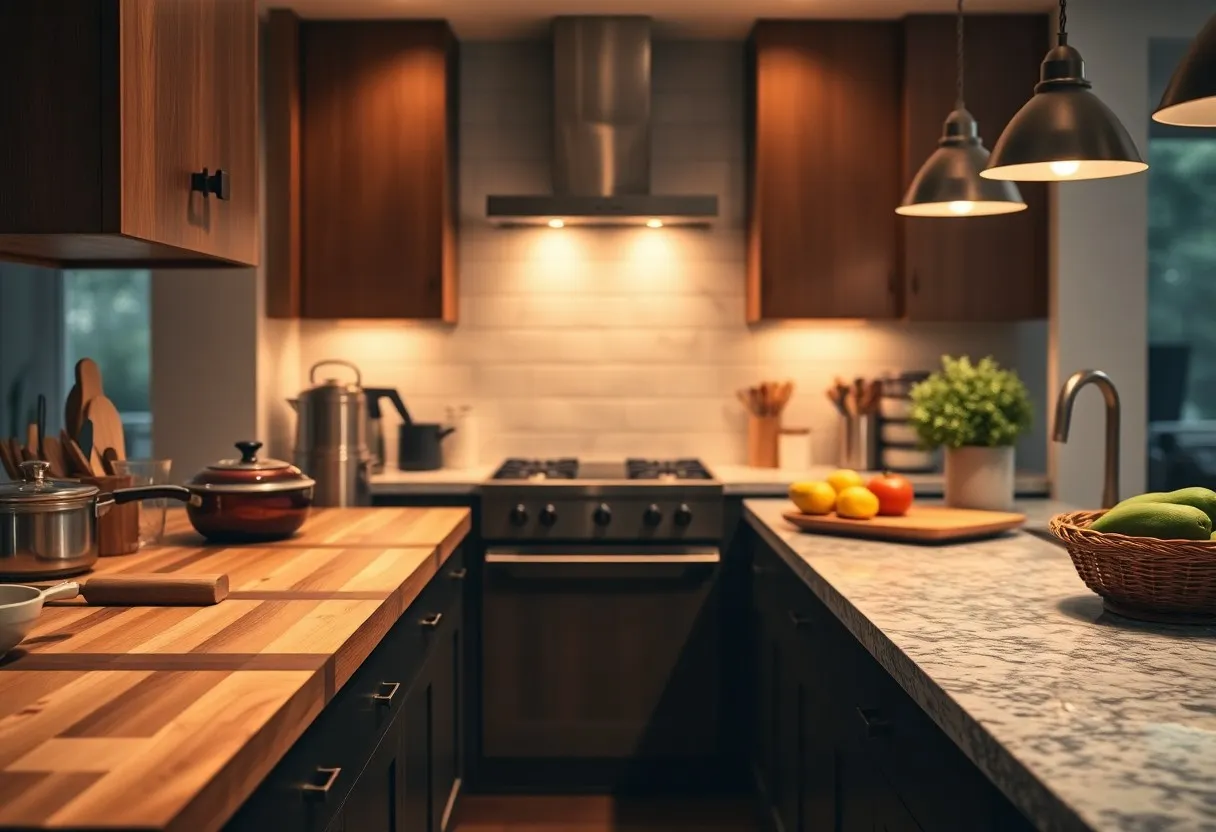
Maintain your butcher block with regular oiling and cleaning, and you will cultivate a lasting beauty that withstands the rigors of kitchen life. Many homeowners find that the upkeep, though it requires attention, is rewarding. It’s an opportunity to bond with your kitchen and ensure that its surfaces remain vibrant and appealing.
Natural, Food-Safe Surface
Below the surface beauty of butcher block, there’s a practical advantage: they provide a natural, food-safe workspace. You can prep and cut directly on these countertops with confidence, knowing that you are using a material that is inherently safe for food preparation. Many butcher block products are treated with natural food-safe sealants like tung oil, ensuring that your cooking area meets health standards without compromising on aesthetic value.
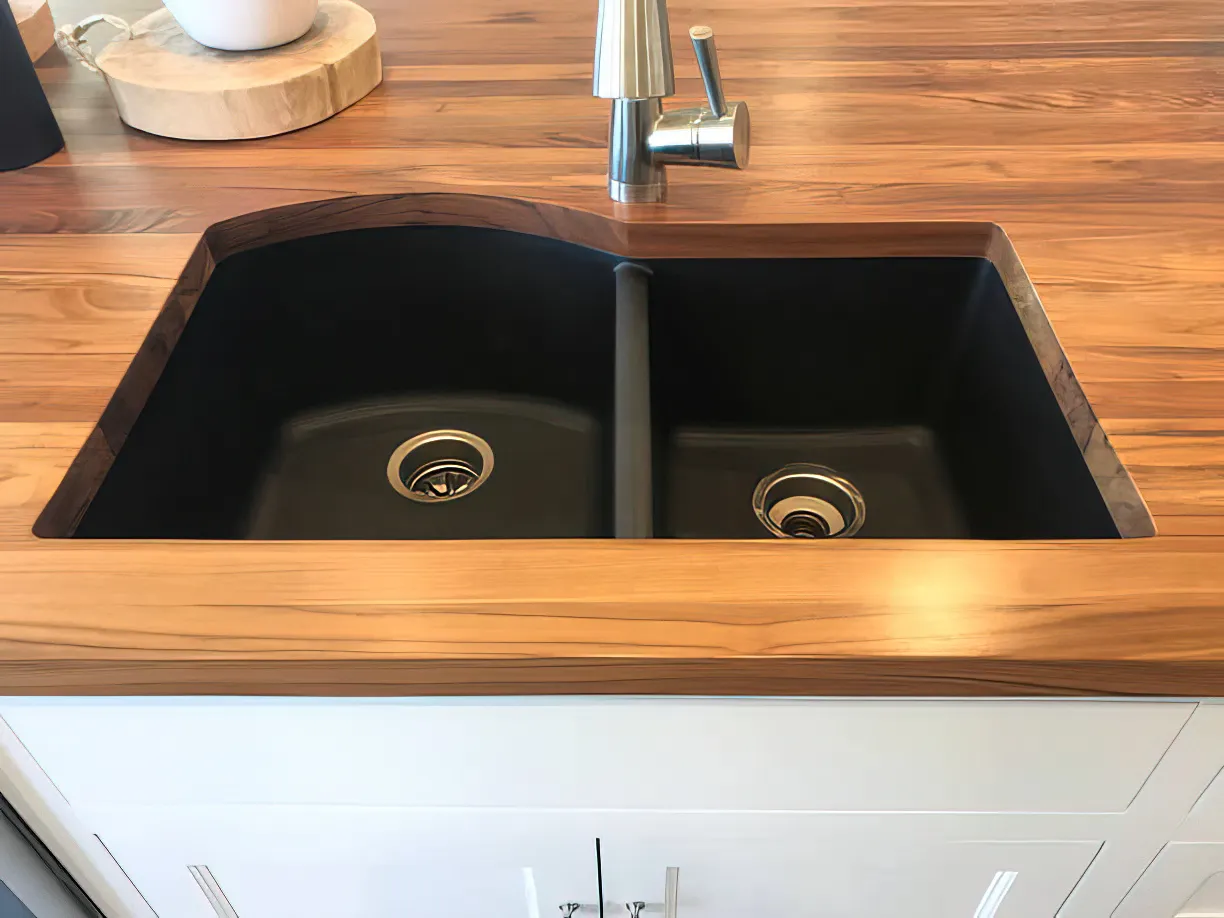
Easy to clean and maintain, butcher block surfaces can also add a warmth to your culinary space that synthetic materials cannot replicate. When cared for properly, they can resist stains and odors, providing a safe and hygienic environment for all your cooking adventures.
Cons
Once again, while butcher block countertops offer numerous advantages such as their warmth and versatility, they also come with several notable drawbacks that you should consider before making your decision. Understanding the cons can help you weigh your options and determine if this material truly fits your lifestyle and kitchen needs.
Susceptibility to Water Damage
An important aspect to consider with butcher block countertops is their porous nature, which makes them susceptible to water damage if not properly maintained. If the surface is not sealed correctly, moisture can penetrate the wood, potentially leading to warping, swelling, or even mold growth over time. Regular upkeep, including oiling and sealing, is necessary to mitigate these risks. Thus, if your kitchen sees a lot of spills or moisture, you might need to be extra diligent with maintenance.
Bacterial Concerns
Beside the risk of water damage, bacterial growth is another concern that often comes up when discussing butcher block countertops. Wood can harbor bacteria in its pores, raising potential health issues, especially if you plan to prepare raw meats on the surface. While it’s feasible to maintain a clean countertop through regular sanitization, the porous quality of the wood requires you to stay vigilant with your hygiene practices.
Also, some studies suggest that certain types of hardwood can be naturally antimicrobial, offering some level of protection against bacteria. However, a butcher block countertop should still be sealed and regularly cleaned to minimize the risk of contamination. If food safety is a major concern for you, it’s vital to evaluate how you plan to use the countertop in your daily meal prep.
Sensitivity to Heat
At the same time, butcher block countertops are sensitive to heat. Placing hot pots or pans directly on the surface can cause damage, including burns or scorch marks. Unlike granite, which is known for its heat resistance, butcher block requires that you utilize trivets or hot pads to protect it from thermal damage. If you often cook with high temperatures or frequently move cookware around your kitchen, this may be a significant drawback.
Understanding this limitation is vital, as neglecting to use protective measures can lead to unsightly marks and diminished aesthetic appeal. You’ll want to be cautious when managing hot cookware on a wooden surface to maintain its integrity over time.
Regular Maintenance Requirements
Around the topic of maintenance, butcher block countertops demand a certain level of attention to keep them looking their best. This involves regular oiling and sealing to protect against water and bacteria, as well as sanding and refinishing when small dents or scratches appear. While this process may be manageable for some homeowners, others, particularly those with busy lifestyles, might find it challenging to adhere to this upkeep schedule consistently.
Susceptibility to wear and tear means that your butcher block counters could require significant effort to maintain their appearance and functionality over the years. If you prefer low-maintenance options, you might want to consider whether you are willing to invest the time and energy needed to care for these surfaces adequately.
Pros & Cons of Granite Countertops
Pros
Keep in mind that granite countertops offer numerous advantages that make them an appealing choice for your kitchen makeover. One of the standout benefits is their high durability and longevity. These countertops are made from natural stone, which means they are able to withstand daily wear and tear far better than many other materials. If properly cared for, granite can last for decades, making it a worthwhile investment for your home. Its resilient nature helps it resist chipping and cracking, providing you with a stable and reliable workspace in your kitchen.
High Durability and Longevity
Any considerations you make for your kitchen should take into account the durability of the materials involved. Granite is not only visually appealing but also remarkably tough and lasting. When you decide to install granite countertops, you are choosing a surface that will maintain its appearance and functionality over time, making it ideal for high-traffic areas like the kitchen.
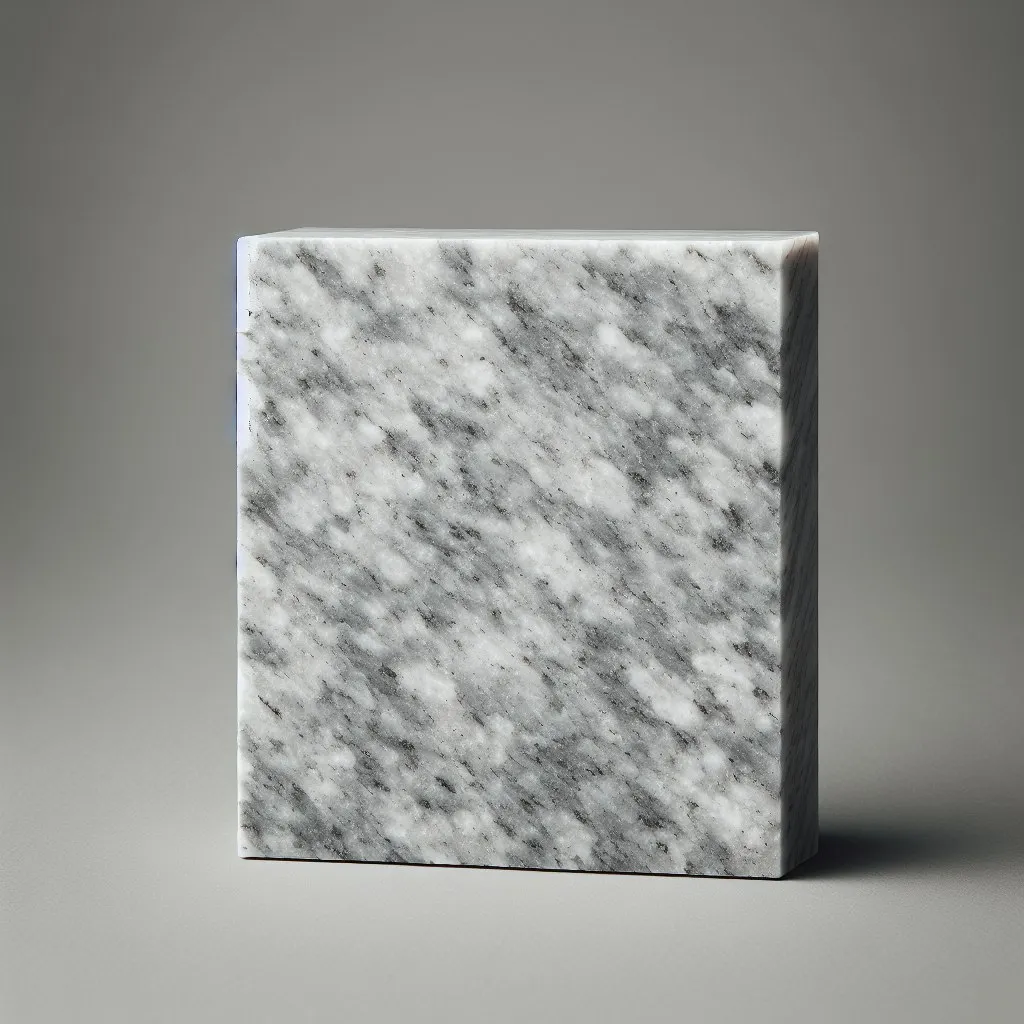
Heat and Scratch Resistance
Along with its durability, granite countertops boast excellent heat and scratch resistance. This feature allows you to place hot pots and pans directly on the surface without worrying about damaging it. Such resilience makes granite a particularly good fit for cooks who often handle hot cookware. Furthermore, granite’s dense structure helps to resist scratches, which means your countertop will continue to look pristine even after years of heavy use.
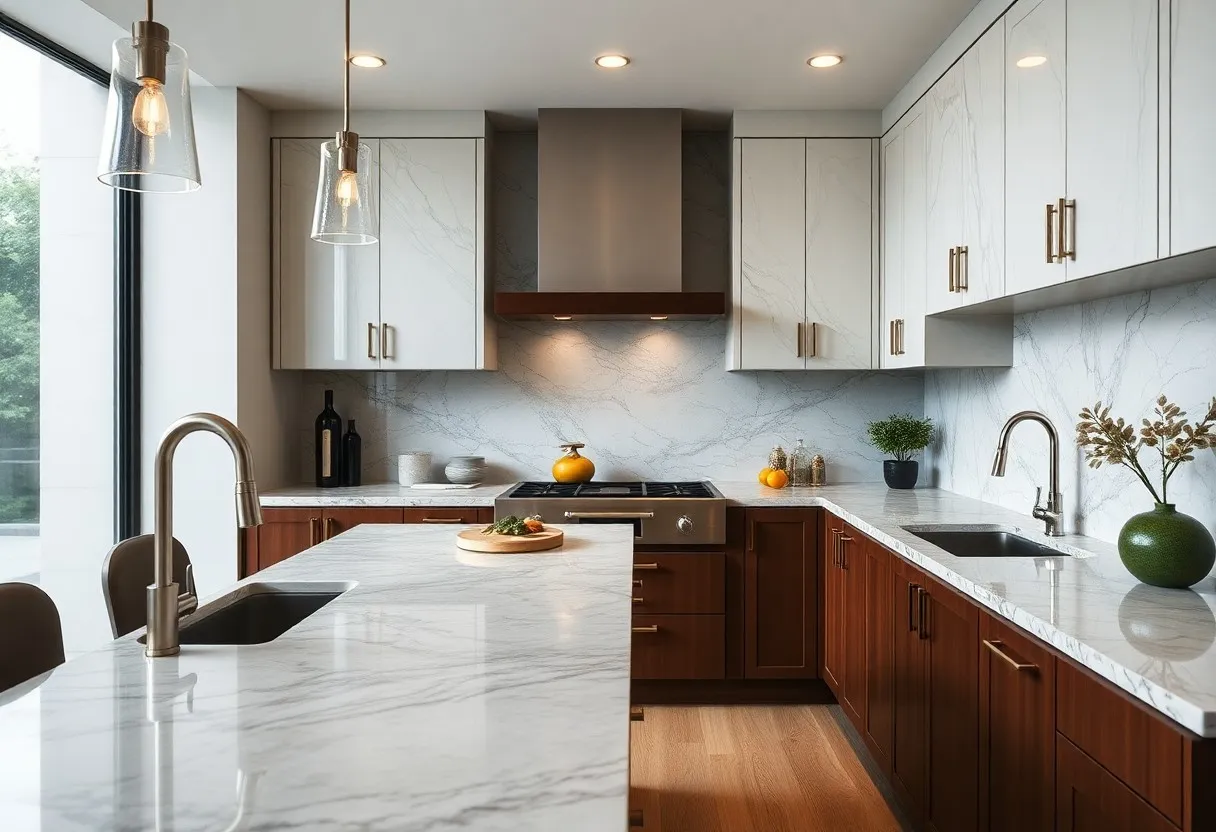
Resistance to heat is one of the key selling points for granite. Hot dishes and utensils won’t leave marks or blemishes, which is a significant advantage over wood or laminate surfaces. This makes granite countertops a fantastic option for avid home chefs who want both style and functionality in their kitchens.
Variety of Colors and Patterns
One of the most appealing aspects of granite countertops is the variety of colors and patterns available. You can find granite that features a wide spectrum of hues, from rich blacks and browns to vibrant blues and greens, all of which can complement your kitchen’s decor. Each slab contains unique patterns and designs, making your countertop one-of-a-kind, adding character and sophistication to your cooking space.
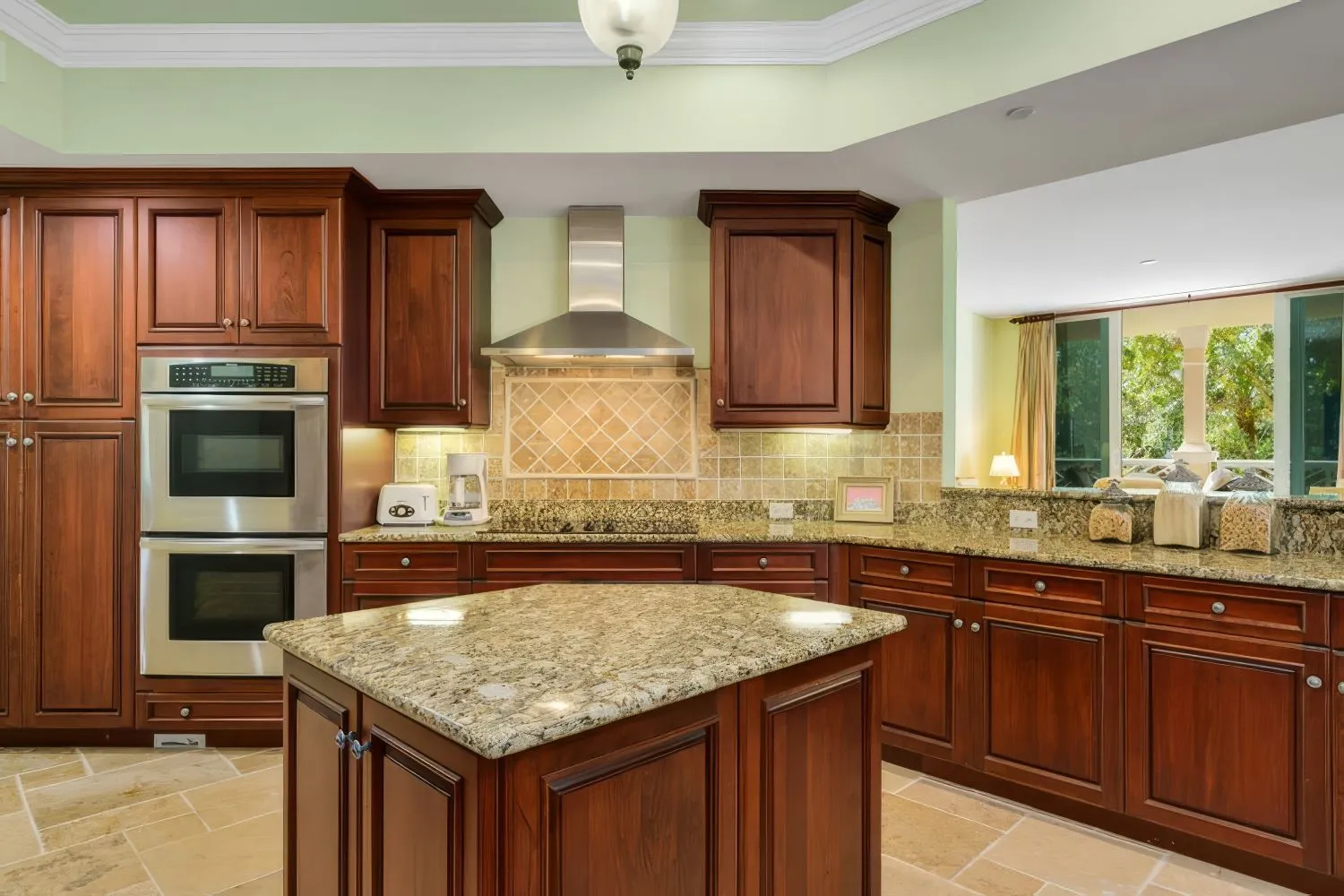
Patterns within granite can range from subtle veining to bold contrasts, giving you numerous options to consider. This means you can choose a countertop that not only matches your personal taste but also enhances the overall aesthetic of your kitchen.
Low Maintenance Requirements
Granite countertops are known for their low maintenance requirements, which is another reason they are highly sought after. Unlike other materials that may need frequent sealing or treatments, granite requires minimal upkeep to retain its beauty and functionality. Regular cleaning with soap and water is usually sufficient to keep your counters looking great and clean, making them a hassle-free option for busy homeowners.
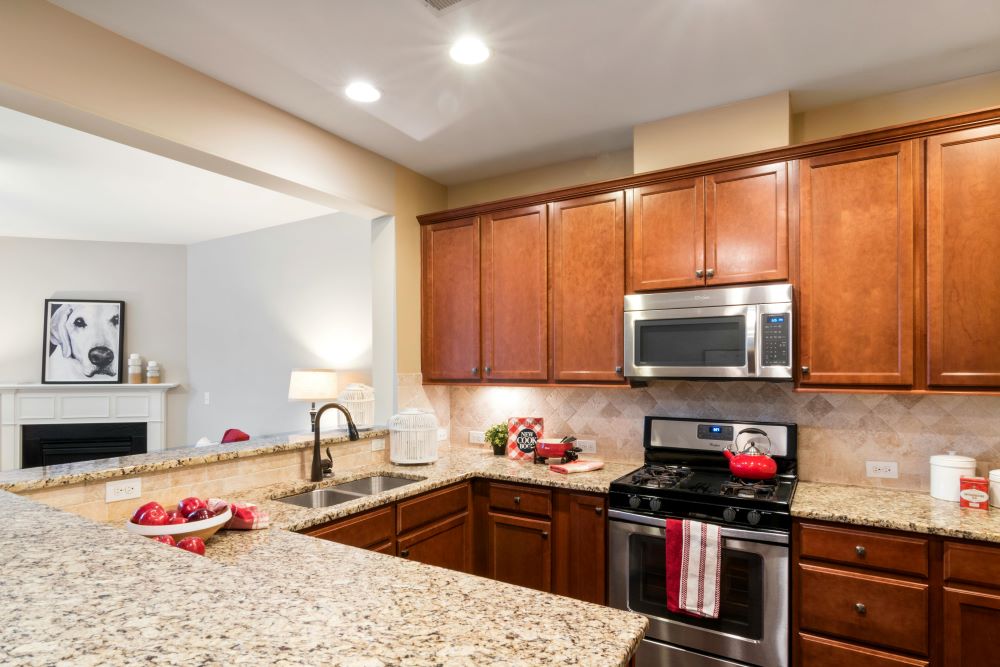
Even when it comes to longer-lasting care, granite stands out. While a sealant may be required every few years to protect against stains, the overall maintenance is less demanding compared to wood or laminate materials. This means you can enjoy your kitchen space without the stress of constant repairs or refinishing.
Cons
Despite its popularity and aesthetic appeal, granite countertops come with several disadvantages that you should consider before making a final decision for your kitchen makeover. One of the most notable downsides is the higher upfront investment required for granite. While prices can vary significantly based on the type and source of granite, you can expect to pay between $50 and $150 per square foot, with premium slabs pushing prices even higher. This initial cost can strain your remodel budget, especially when compared to other materials like butcher block or concrete, which present more budget-friendly options. The total expense can easily add up, particularly if you have a larger kitchen or opt for intricate designs.
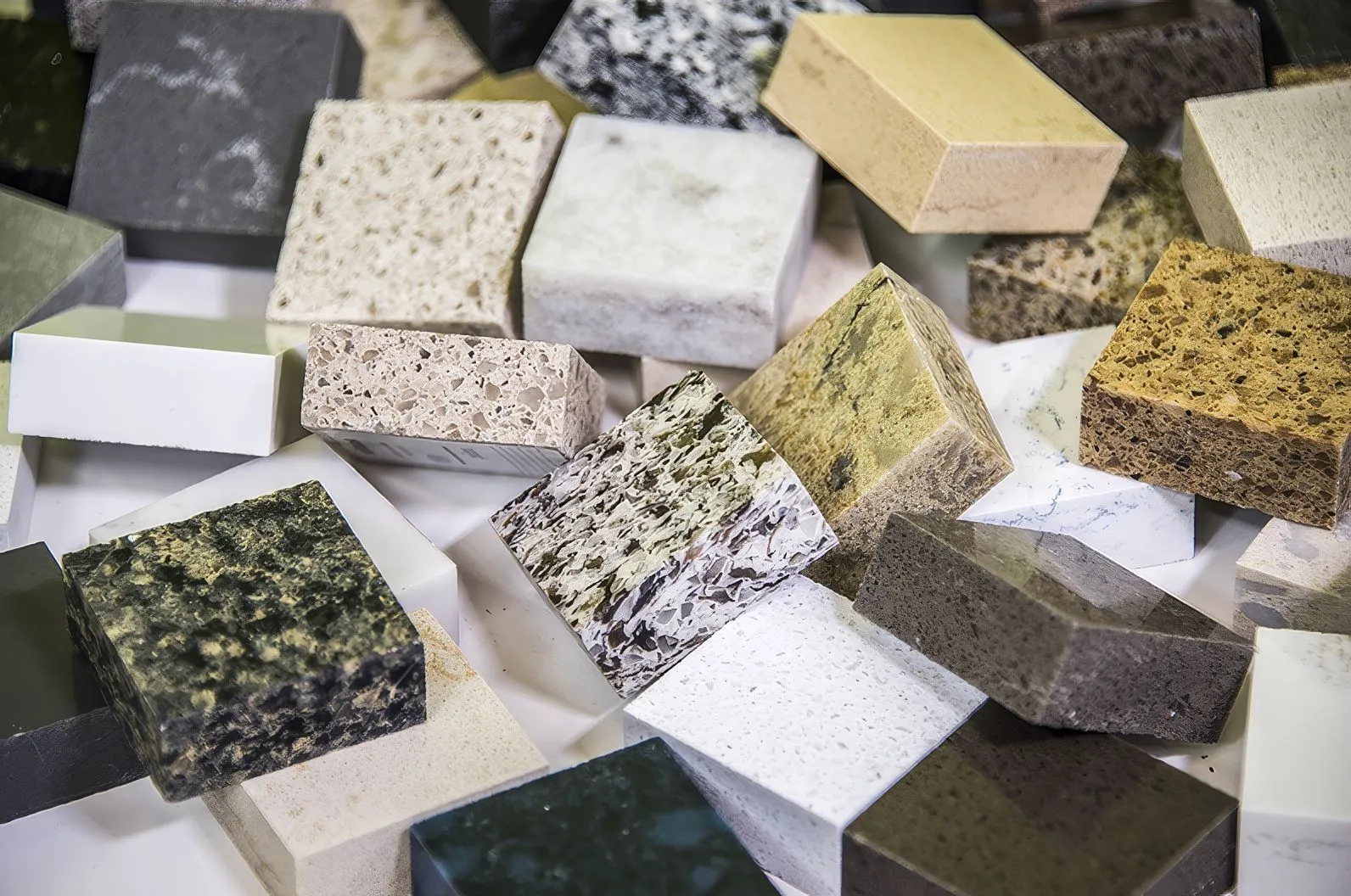
Higher Initial Cost
Cost is an important factor to consider when investing in granite countertops. While they can provide a luxurious look that may enhance your home’s value, the initial price tag might not fit comfortably in your kitchen renovation budget. Moreover, the additional expenses associated with professional installation can further elevate the overall cost, making granite a less appealing option for some homeowners.
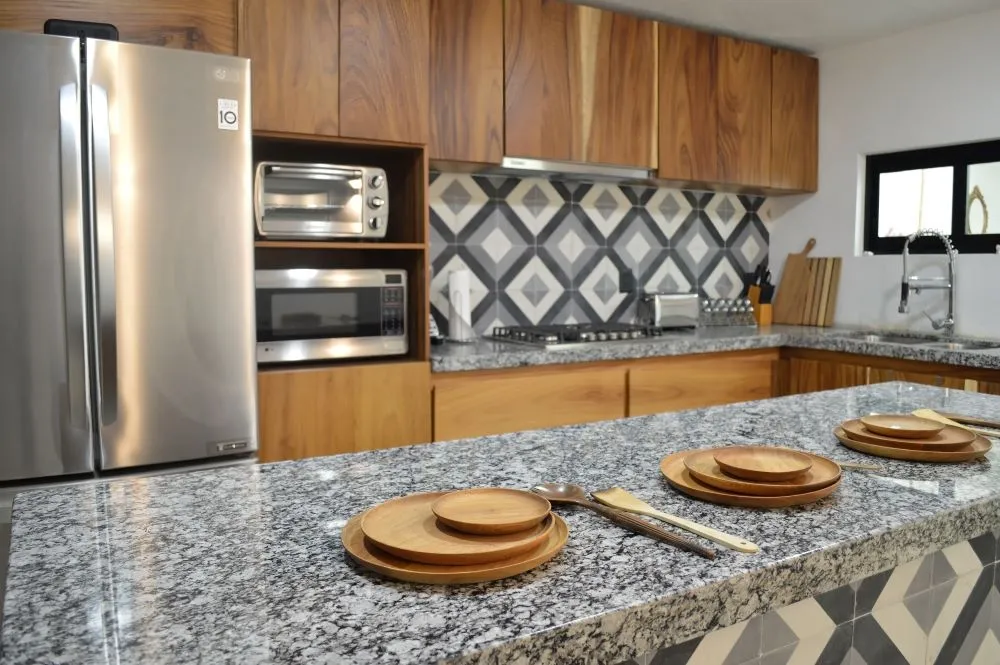
Weight and Installation Considerations
Cons of granite include its significant weight, which impacts installation requirements. Granite slabs can weigh over 15 pounds per square foot, necessitating sturdy cabinetry and professional installation to support such heavy materials. This can complicate the installation process, requiring careful planning and expert assistance to ensure everything is correctly configured to handle the weight. This consideration may also limit your options for DIY installation, increasing your overall project cost.
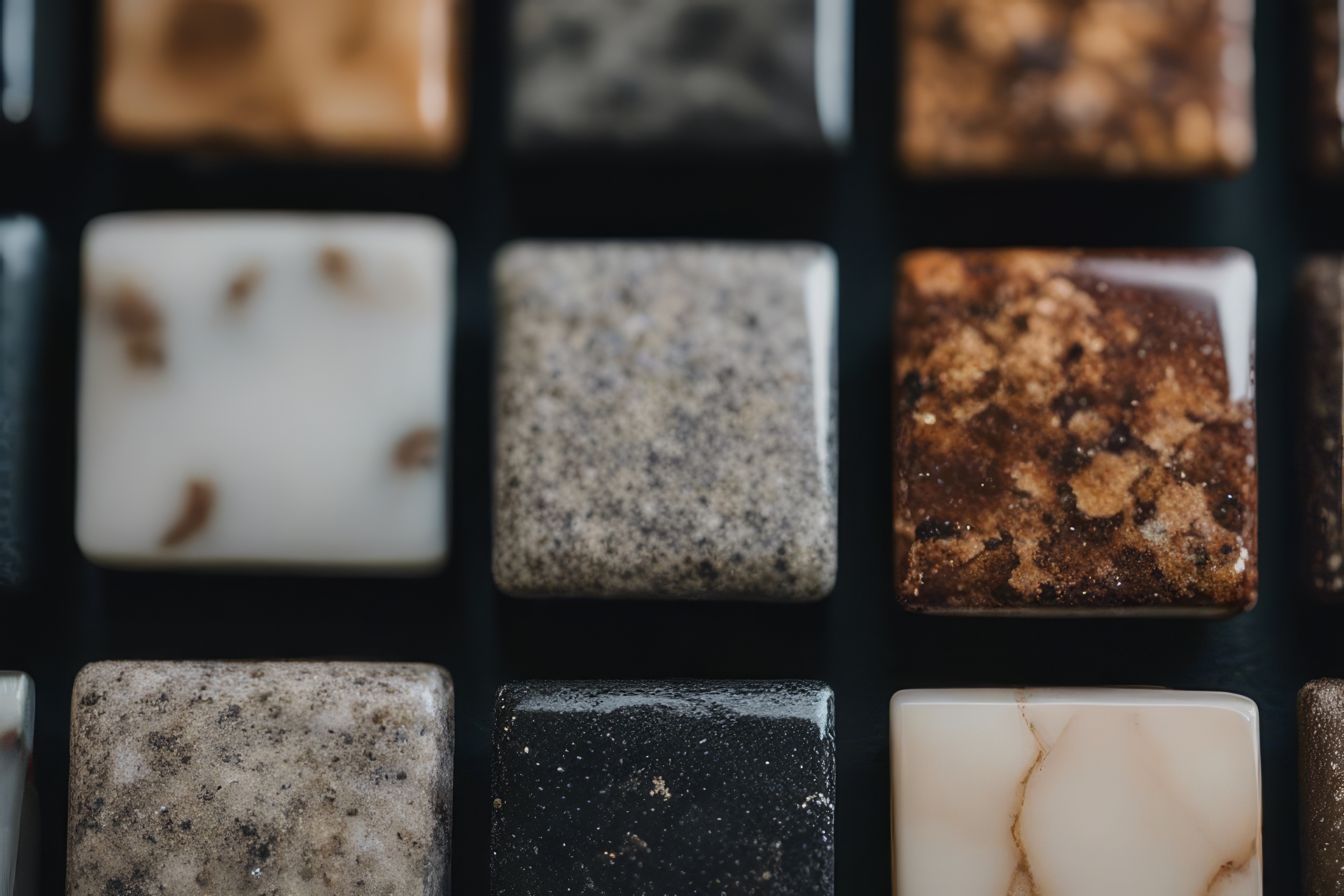
At the same time, it’s crucial to think about the structural implications of adding heavy granite countertops to your kitchen. Make sure your cabinets are adequately reinforced beforehand, or you may face additional costs for cabinet upgrades or replacements. Understanding these requirements early on can save you time, effort, and unexpected expenses.
Porosity and Staining Risk
With granite, you should also be aware of its porous nature. This can make it susceptible to staining if not properly sealed. While most granite countertops come pre-sealed, regular maintenance is vital to protect against spills from liquids and oils, which can penetrate the surface and lead to permanent stains. If you don’t stay on top of the sealing and upkeep, sections of your countertop can become discolored or damaged over time, detracting from the overall appearance.
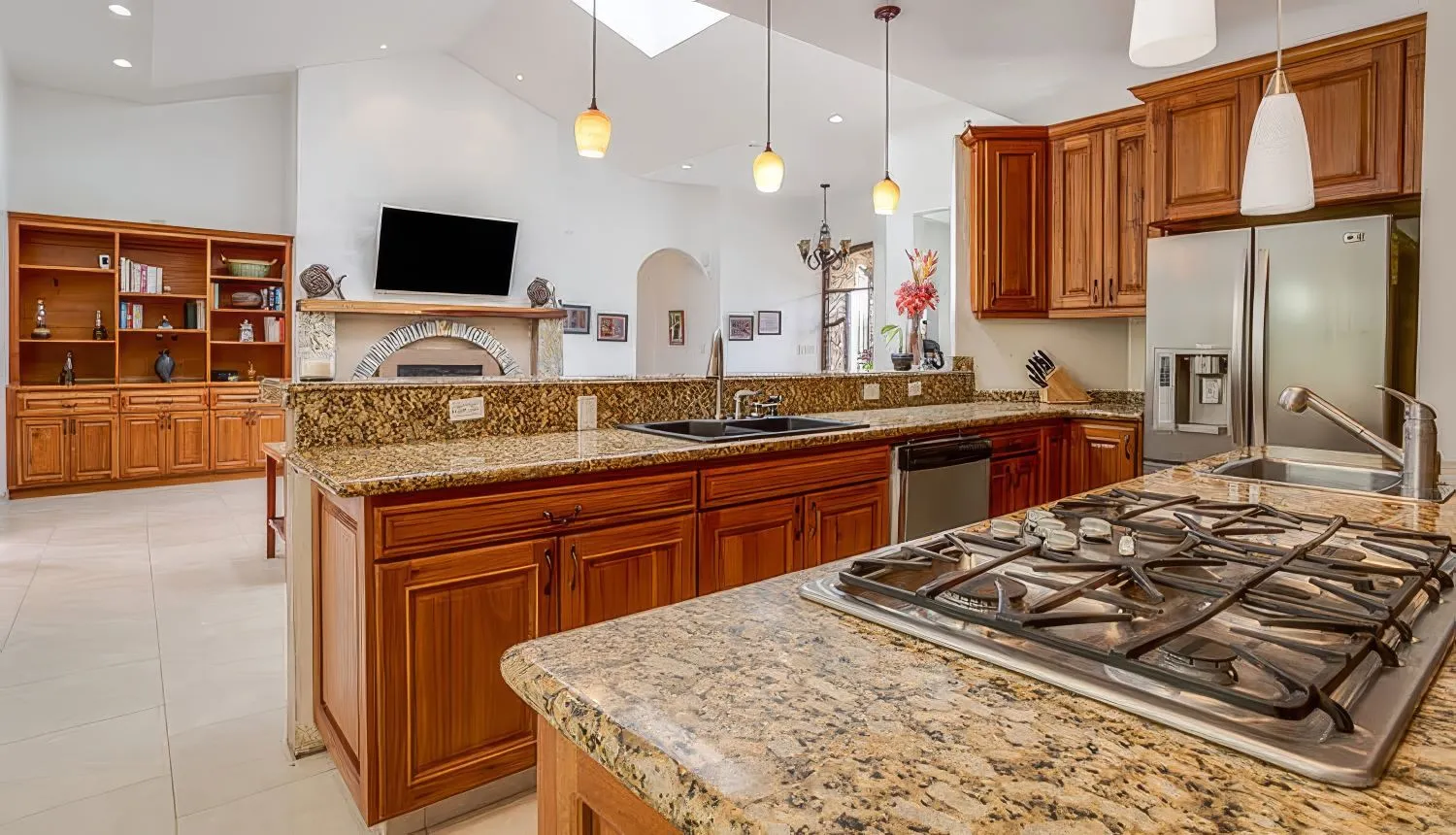
This risk of staining often leads to concerns about the long-term viability of granite in high-use areas such as kitchens. If you are prone to spills or frequently prepare food, you might find yourself needing to reseal the countertops more often than anticipated, which could add to your home maintenance tasks in the long run.
Difficulty in Repairing Chips or Cracks
Porosity is not the only issue you should consider; granite may also be challenging to repair if it chips or cracks. Once damaged, granite countertops are not just easy to fix; you will likely require professional help to ensure the repairs match the existing stone. This can lead to further costs and delays in your kitchen project.
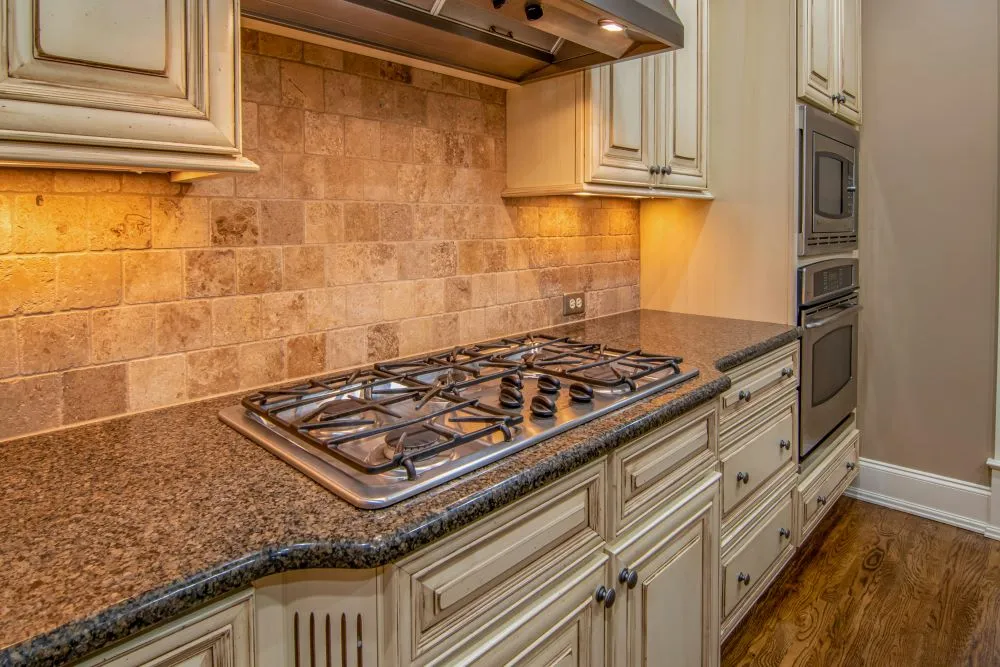
Countertops made of granite, despite their initial durability, can suffer from chips and cracks due to heavy impacts or thermal shock from hot pans. If you frequently use your kitchen for heavy meal prep or cooking, it’s imperative to handle cookware and tools with care. Understanding the fragility of granite in specific situations can help you make an informed decision about whether this material aligns with your lifestyle and maintenance preferences.
Making Your Decision
Many homeowners struggle to choose between butcher block countertops and granite due to the unique advantages and disadvantages each material offers. As you launch on this decision, it’s necessary to evaluate not only the functional aspects of each countertop but also how they align with your personal style and kitchen usage. Let’s look at some important factors that can guide you through this process to ensure your choice meets your needs and enhances your kitchen environment.
Evaluating Kitchen Usage and Lifestyle
Behind every kitchen is a distinct lifestyle that defines how you use the space. If you love to cook and prepare meals frequently, butcher block countertops may appeal to you because they can serve a dual purpose as both a workspace and a cutting surface. This can simplify your meal prep, allowing you to make the most of your time in the kitchen. However, it’s important to consider the maintenance involved, such as regularly oiling the wood to prevent damage and ensuring it stays sanitary for food preparation.

Conversely, if your kitchen experiences high traffic, granite could be a more suitable option. Its durability and resistance to wear and tear make it ideal for a busy household. While granite is less versatile for direct meal prep, its imperviousness to staining due to proper sealing can make it a lower-maintenance option for families, especially those who may not always have time for upkeep.
Considering Design Aesthetics
Above all, the visual impact of your countertops can significantly influence the overall atmosphere of your kitchen. Butcher block countertops bring warmth and a rustic charm, making the space feel inviting and cozy. Their natural wood tones can easily complement various design styles, from farmhouse to modern. However, they may not align with every aesthetic, particularly sleek and contemporary looks that might pair better with the polished finish of granite.

For instance, granite is celebrated for its elegant appearance and can add a touch of luxury to your kitchen. Available in countless colors and patterns, granite provides a sophisticated contrast to cabinetry and can serve as a striking centerpiece in your design. Your choice of countertop material not only reflects your personal taste but also sets the tone for your entire kitchen renovation.
Balancing Budget and Functionality
Below the surface lies the practical consideration of your budget and how each option serves your functional needs. Butcher block and granite range from $50 to $150 per square foot, making them similar in terms of initial investment. However, if you opt for higher-end materials like zebrawood or premium granite finishes, your costs can escalate significantly. Assessing your budget will help you avoid overspending while still selecting a countertop that performs well in your kitchen environment.
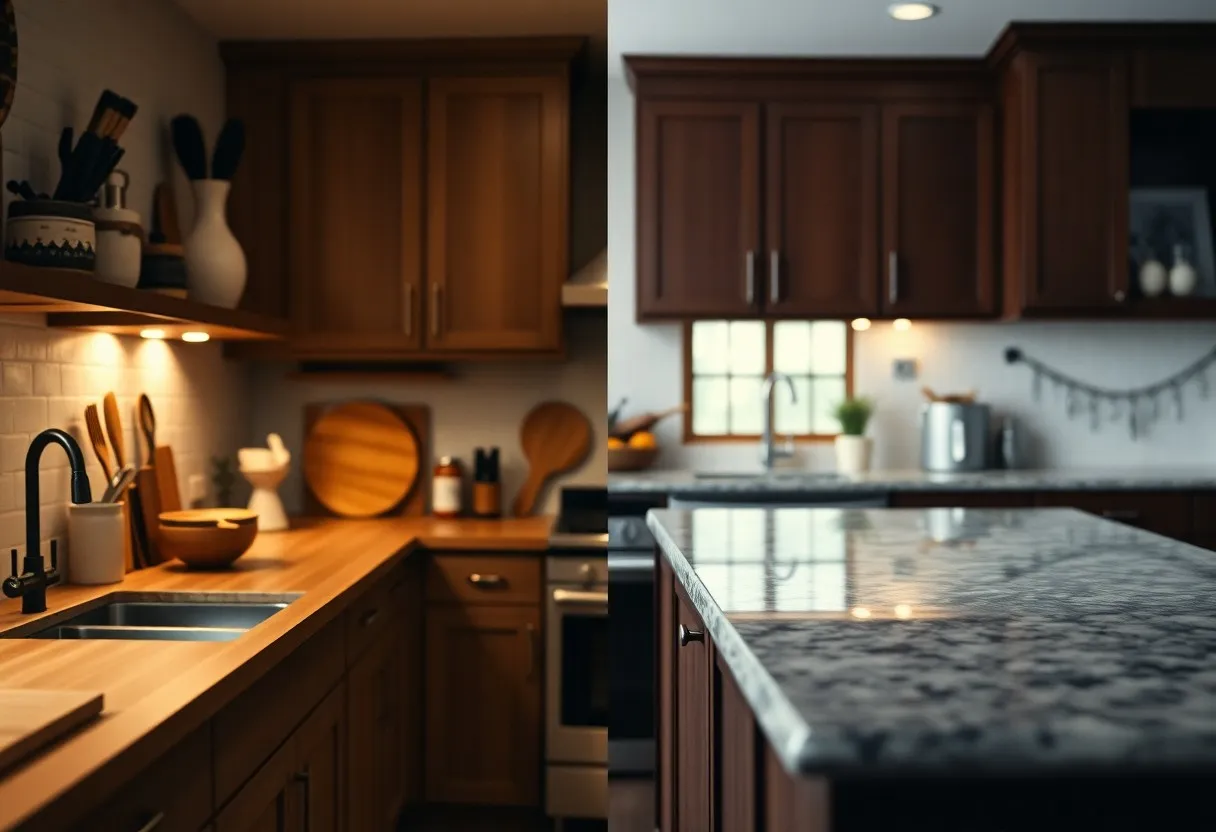
Your decision should also factor in the long-term costs associated with upkeep. While butcher block can be sanded and refinished to restore its look, it may demand more ongoing maintenance than granite, which tends to require periodic sealing for protection against staining but is generally easier to care for. Weighing these aspects will help you find a balance between what you can afford initial and what you’re willing to invest in the long run.
Final Recommendations
Between butcher block and granite, the right countertop for your kitchen ultimately depends on how you engage with your space. Think about your cooking habits, design preferences, and maintenance willingness. If you prioritize a warm, functional work surface and enjoy DIY projects, butcher block might be your best choice. On the other hand, if you seek durability and effortless elegance, granite could more closely meet your needs.
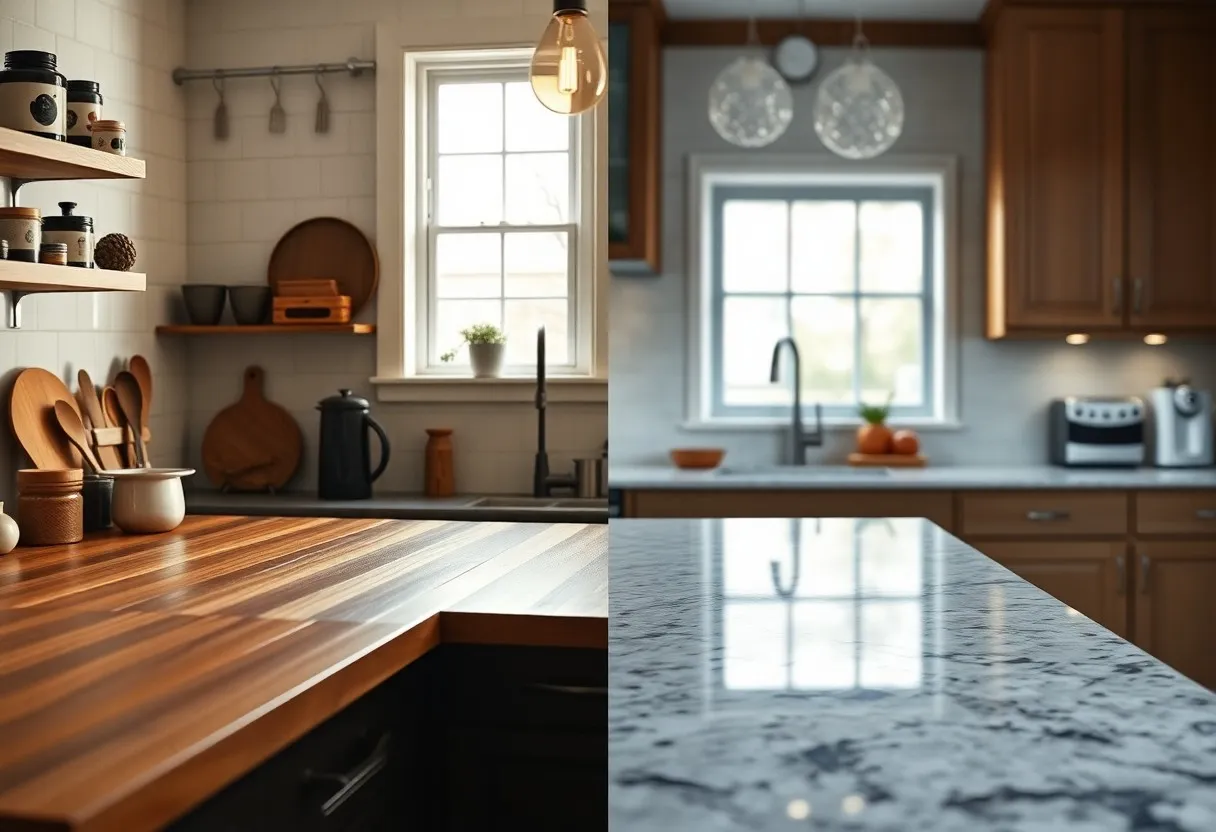
This decision-making process is all about aligning your lifestyle with the perfect countertop choice. Whether you lean towards the rustic charm of butcher block or the sleek sophistication of granite, ensuring that the material fits not only your budget but also your aesthetic and functional needs will create a kitchen space you love. Make your decision with confidence, and you’ll enjoy the benefits of your investment every day.
Final Word / Conclusion Butcher Block Countertops and Granite
Drawing together the various aspects of butcher block and granite countertops can help you make an informed decision that aligns with your lifestyle and design preferences. Butcher block offers a warm, inviting aesthetic along with the convenience of meal prep directly on the surface, but be aware of the maintenance needs and potential for wear over time. On the other hand, granite provides a timeless, luxurious look that is resistant to heat and scratches, making it a durable choice, although it may require regular sealing to protect against stains.
Ultimately, your choice should reflect both your aesthetic goals and practical considerations. Consider how often you cook, the level of maintenance you’re willing to commit to, and the overall style of your kitchen. Both materials have their unique strengths and weaknesses, and weighing these pros and cons will guide you toward the ideal addition to your home that enhances both function and beauty.


